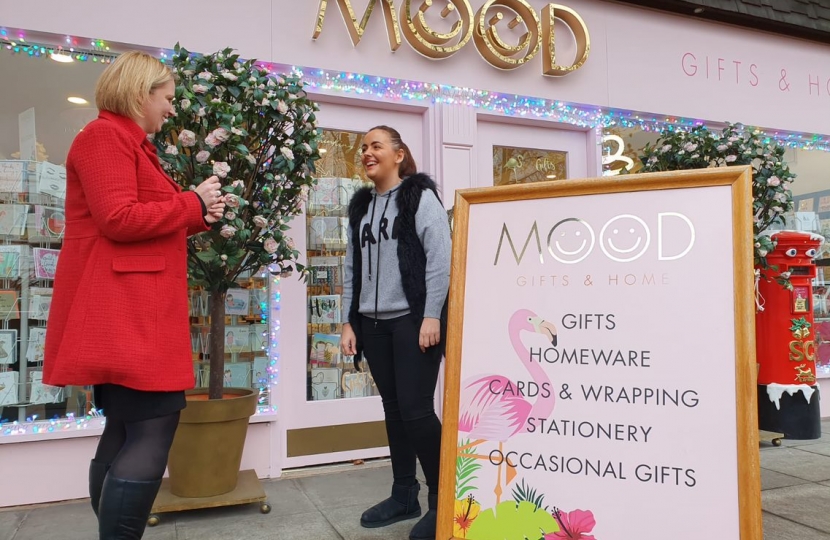
Thousands of high street shops, department stores and shopping centres across England and South Ribble are set to reopen in June once they are COVID-19 secure and can show customers will be kept safe. The Prime Minister has set out:
-
Outdoor markets and car showrooms will be able to reopen from 1 June, as soon as they are able to meet the COVID-19 secure guidelines to protect shoppers and workers. As with garden centres, the risk of transmission of the virus is lower in these outdoor and more open spaces. Car showrooms often have significant outdoor space and it is generally easier to apply social distancing.
-
All other non-essential retail including shops selling clothes, shoes, toys, furniture, books, and electronics, plus tailors, auction houses, photography studios, and indoor markets, will be expected to be able to reopen from 15 June if the Government’s five tests are met and they follow the COVID-19 secure guidelines, giving them three weeks to prepare.
This comes as a new £50 million fund was announced this week for councils to support their local high streets getting safely back to business. In total, local authorities across South Ribble received over £300,000 as part of the Government allocation.
Shops like supermarkets and pharmacies have been trading responsibly throughout the pandemic. Building on this and in line with the Government’s roadmap, reopening non-essential retail is the next step towards restoring people’s livelihoods, restarting the UK’s economy, and ensuring vital public services like the NHS continue to be funded.
Businesses will only be able to open from these dates once they have completed a risk assessment, in consultation with trade union representatives or workers, and are confident they are managing the risks. They must have taken the necessary steps to become COVID-19 secure in line with the current Health and Safety legislation.
The government is taking action to help businesses re-open and protect their staff and customers, including:
Publishing updated COVID-secure guidelines for people who work in or run shops, branches, and stores, after consultation with businesses, union leaders, Public Health England and the Health and Safety Executive.
Working with local authorities to continue to carry out spot checks and follow up on concerns by members of the public.
The vast majority of businesses will want to do everything possible to protect their staff and customers, but tough powers are in place to enforce action if they don’t, including fines and jail sentences of up to two years.
As per the roadmap, hairdressers, nail bars and beauty salons, and the hospitality sector, remain closed, because the risk of transmission in these environments is higher where long periods of person to person contact is required.
Speaking about the move, Katherine said:
For constituencies like ours in South Ribble high street shops are the lifeblood of the community. We slowly but surely need to safely release people and get them shopping again to boost local economies and I therefore welcome this phased approach set out by the Prime Minister.
The guidance sets out how we can do exactly this, but also do it in a manner that is safe and protects public health. It explains how retail workers who are not currently working can go back to work as safely as possible and feel confident in their workplace. And it reassures customers that shops are properly assessing the risks and putting in place measures to protect them.
